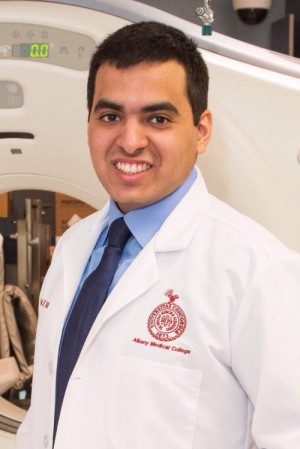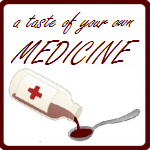New Prosthesis Allows Amputees to Feel Again
Could you taste without a tongue? Smell without a nose? Feel without any hands? The answer may soon be yes. Scientists in Europe have just created a prosthetic limb that allows amputees to feel again. Prosthetics have come a long way. The earliest written record of prosthetics being used dates back to well over 2000 years ago when a prisoner without a leg used a wooden stump. In the 1500s, Ambroise Pare, a French surgeon, …



